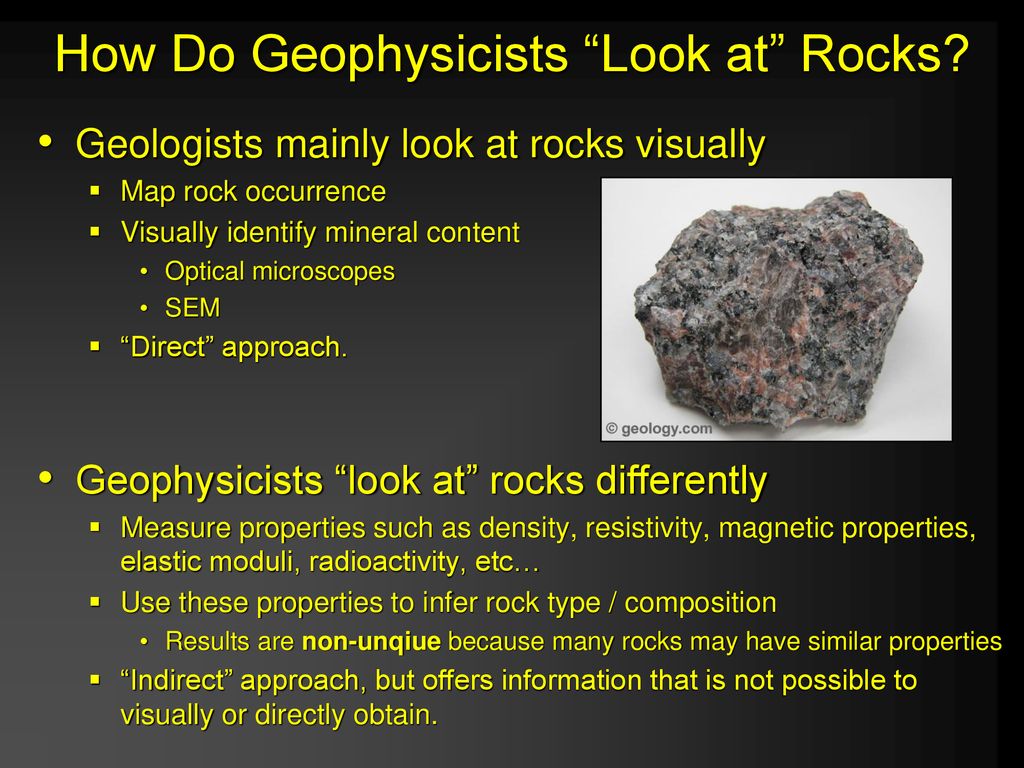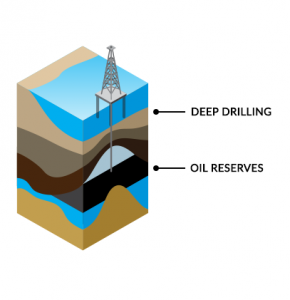All Categories
Featured
Table of Contents
Geophysicist in Joondanna Oz 2022
This work is progressively contracted out, so consultancies provide another source of employment. Consultancy firms vary in size, from really little business to big multinationals. Some consultancies are quite specialised in using particular geophysical techniques or working in specific places, while others provide a more varied variety of services to their customers.
The extraction of gas from landfill sites is another area of work and this might grow in the future. Exploration business might carry out work for building and construction firms, public utility, mining business and environmental agencies, so geophysicists might be utilized in any of these settings. Other companies include: geological surveysgovernment bodies and agenciesuniversities and research study institutes.


Vacancies may be listed in the oil and gas sector press. Recruitment is impacted by oil rate changes and the level of competitors for positions varies depending on this. Careers Days, which cover the complete series of geoscience professions and are typically participated in by a number of key market companies, are run by The Geological Society.
Careers With Geophysics - Ocean And Earth Science ... in Applecross WA 2021
Some of the large oil and gas business use a complete two-year structured training program across the breadth of geophysics, including the chance to experience work in various teams prior to specialising in one location. Your training might include deal with: existing wellsmagnetic and gravitational prospective field data analysisresearchrock analysis. However, it's more typical for your initial training to be provided on the job.

There might be a probationary period during which you work along with an experienced coworker. Competency-based appraisals take place routinely in a lot of companies. In smaller sized companies, and for scholastic posts, there is not likely to be any formal training - you'll be expected to start work straightaway and get abilities as you go along.
If you work for a smaller company, you might discover that you require to take obligation for setting up and funding your own development and training. If you have a geology degree, subscription of The Geological Society can be useful for networking and for keeping up to date with the market.
Integrated Geophysical Surveys For The Safety in Woodvale Aus 2022
You may also discover it beneficial to sign up with the PESGB (The Petroleum Exploration Society of Great Britain, which has a geophysics unique interest group. After a probationary period, and when you've gained some experience, you could advance to senior geophysicist, then group leader and then into a senior role in management.
The ease of movement between roles depends on the company structure. Research study at Masters or Ph, D level in a subject related to geophysics or geosciences may help with your career development and progression. The employment market within the oil and gas market is very dependent on rate and this might affect your opportunities for career progression.
For knowledgeable geophysicists, freelance consultancy offers a great path for profession advancement. As a geophysicist, you're likely to have numerous jobs throughout your working life.
What Does A Geophysicist Do? Role & Responsibilities in Edgewater Australia 2021
From geophysics, it's possible to focus on seismology (finishing more training to become a seismic interpreter) or to move into related locations such as engineering geology or threat forecast.
Deciding what to study in college is a hard choice. Even if you know that your field of interest depends on science, what program of research study is ideal for you? If you make the decision to major in physical and life sciences and pursue a profession as a geophysicist, you're getting ready for an exciting and successful profession.
The very first action to attaining your objective of ending up being a geophysicist is earning a degree. Even for entry-level positions in the field of geoscience, you'll need a bachelor's degree (a geophysicist college degree) from an accredited college or university. Some research study positions require candidates to hold master's degrees or even Ph.
What Does A Geologist Do? in Ridgewood Australia 2021
Postgraduate degree are especially important if you plan to teach at a four-year institution. Geophysicists use physics concepts and methods to study the gravitational, magnetic, and electric fields of the earth. This enhances scientists' understanding of both the planet's interior core and its surface area. Geophysicists need to have the ability to: analyze rocks, pictures, and other pieces of information conduct research both in the field and in labs develop maps and charts of their findings write reports To achieve all this, trainees require a specialized education for geophysicist careers.
As stated above, you'll require a bachelor's degree in geoscience or a related discipline, such as a physical science or a natural science, to land an entry-level job. Trainees can likewise prepare by majoring in topics like: Biology Chemistry Computer science Engineering Mathematics Physics The above geophysicist majors use a more generalized method to a single scientific discipline, however most programs need students to take one or more geology course.
Latest Posts
Geophysical Survey - Salisbury Archaeology in South Guildford Aus 2021
Geophysical Survey in Yangebup Aus 2022
Working As A Geophysicist And Oceanographer In Canada in Singleton Aus 2022